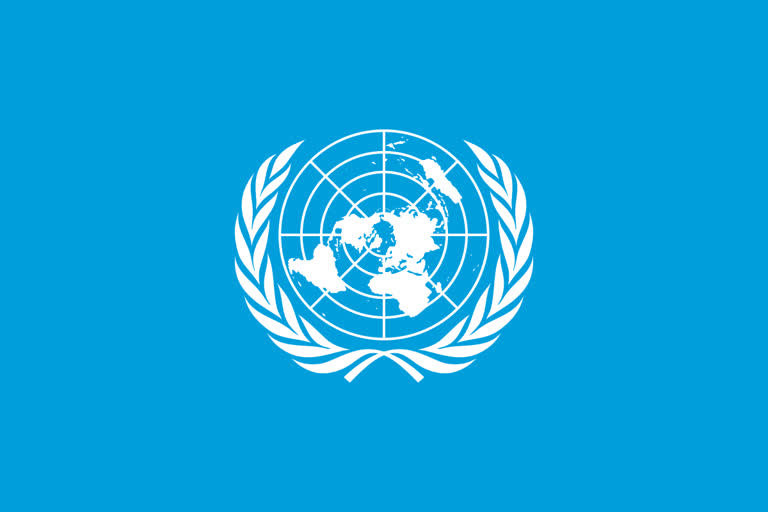Hyderabad: International Day of Epidemic Preparedness is observed on December 27th to motivate governments, health organizations and common people in the country and the world to take lessons from Covid-19 and prepare for any type of epidemic around the world. Covid-19 can be considered one of the biggest tragedies of the current era. This pandemic, which started with the effect of a virus, affected the whole world not just in terms of health but also economically and socially.
Innumerable people lost their lives due to the pandemic, while a situation starvation-like had also risen for a large number of people. People should be learning from this, not just for a pandemic like Covid but for the preparation to fight and prevent an epidemic of any kind and strengthen the health system. For the first time in the year 2020, the International Day of Epidemic Preparedness was observed by the United Nations, and in 2022 the third International Day of Epidemic Preparedness is being observed on 27th December.
Significantly, health crises such as pandemics not only overburden health systems but also disrupt global supply chains and affect people's livelihoods. After the beginning of the Covid-19 pandemic, the World Health Organization and the United Nations Assembly started observing this day not just to motivate all the countries to fight the pandemic, and prepare for its prevention and diagnosis, but also to educate the public about it. It was also done to create awareness as due to rumours related to the pandemic, sometimes the situation took a serious turn.
To prevent epidemics and to reduce the damage caused by them, the correct information and knowledge about the disease and problem should reach the public, the dissemination of related scientific and medical facts and the exchange of best practices related to them at the international level is very important. According to the World Health Organisation, the main objective of the event is to invest in systems that can help detect, prevent and respond to outbreaks that have the potential to disrupt health systems, and livelihoods, especially in poor countries.
Also read: Developing the habit of adopting Covid protocols again
According to United Nations, the International Day of Epidemic Preparedness is observed by the United Nations system, in particular, the World Health Organization, by its mandate, to coordinate the pandemic response and to prevent, and mitigate the effects of infectious diseases and pandemics and plays an important role in supporting national, regional and international efforts to address them. Due to this, some special objectives have been included by the organization in its agenda to prevent epidemics, some of which are as follows:
- Strengthening pandemic prevention by implementing lessons learned on pandemic management and how to prevent basic services and identify and enhance the level of preparedness for the earliest and most adequate response to any pandemic.
- Promote the integration of human health, animal health and plant health as well as environmental and other relevant areas under an integrated health approach.
- Taking care of international cooperation and multilateralism in the response to the pandemic.
- Strive for partnership and solidarity between individuals, communities and states, and regional and international organizations in all phases of pandemic management, and stress the importance of considering a gender perspective in this regard.
Significantly, epidemics spread due to infectious diseases or diseases which reach from one person to another through the air, water or other means. A pandemic is also considered dangerous because it spreads rapidly among people on a large scale within a short period. Although Covid-19 is considered to be the biggest pandemic ever, which has affected the whole world simultaneously and its outbreak is still going on. But even before Covid-19, there have been cases of outbreaks of different types of infectious diseases in many parts of the world, which were also addressed as epidemics. The information on some of them is as follows:
- In the year 2019, there was an epidemic in Nigeria due to Lassa fever.
- In the year 2019 itself, Kuala Koh Measles spread in Malaysia.
- In the year 2018, the Nipah virus infection spread in Kerala in India.
- In the year 2017, there was an outbreak of Japanese Encephalitis in Uttar Pradesh.
- Between the years 2015 and 2016, Zika virus infection was spreading in many countries of the world.
- In the year 2015, swine flu spread in India.
- In the year 2014, Jaundice due to Hepatitis A was spreading in Odisha, India.
- In the year 2013, cases of Chikungunya increased a lot in America.
Even before this, there are reports of epidemics due to many other infectious diseases including influenza, plague, cholera and smallpox in many parts of the world in our history.



